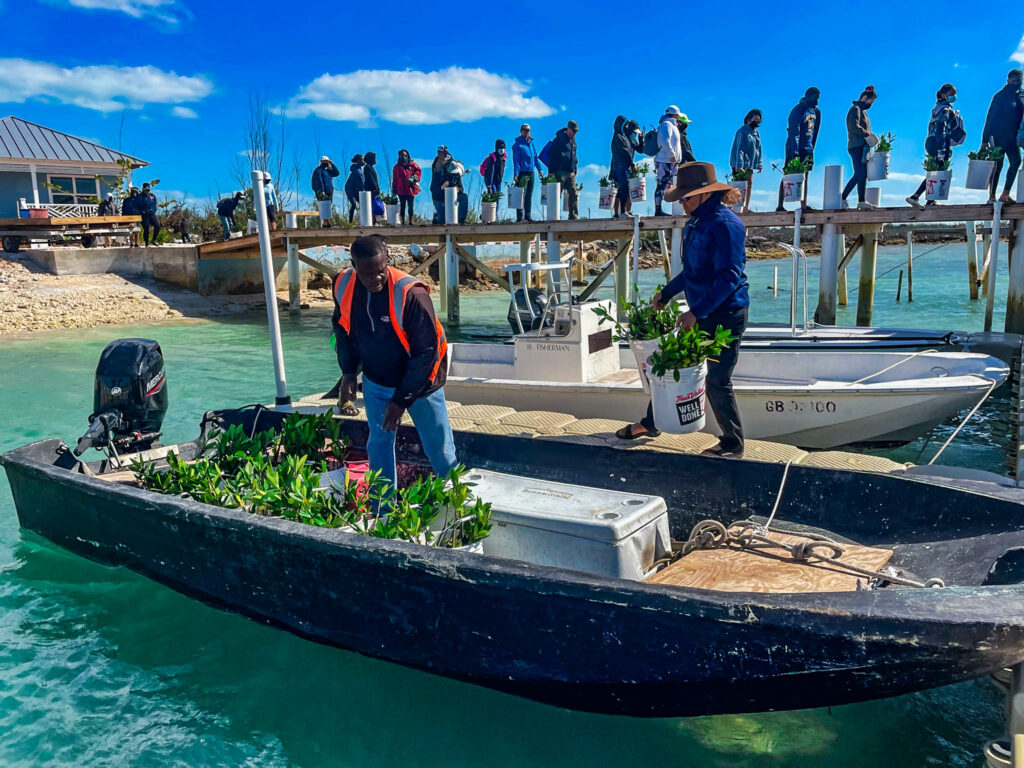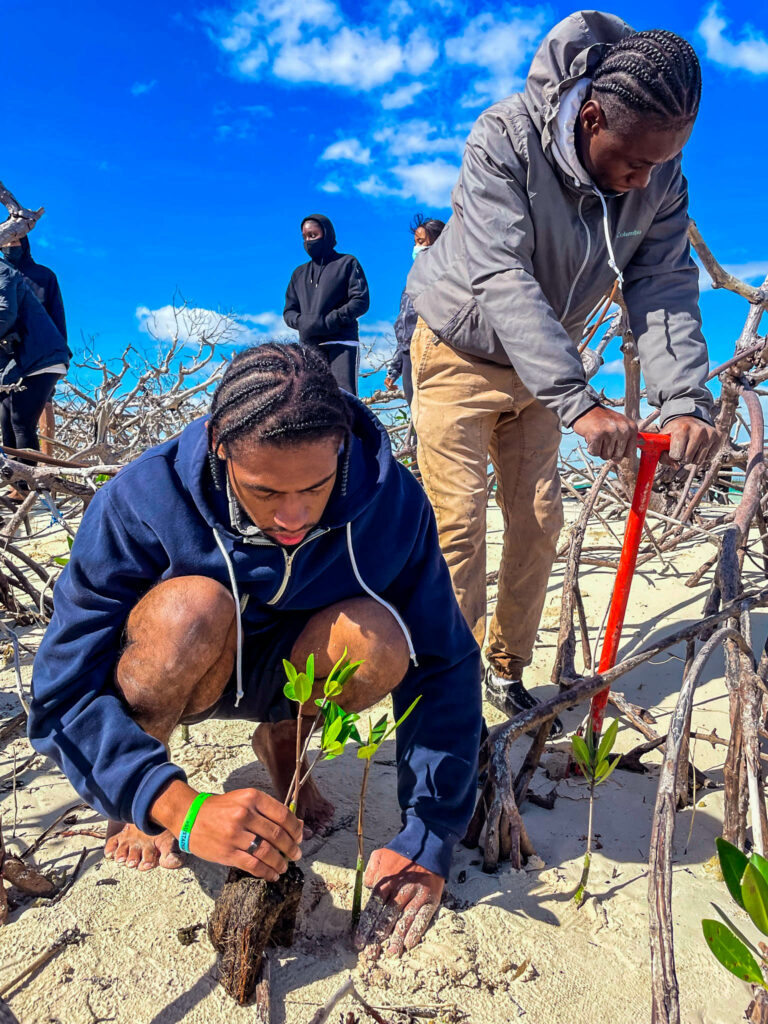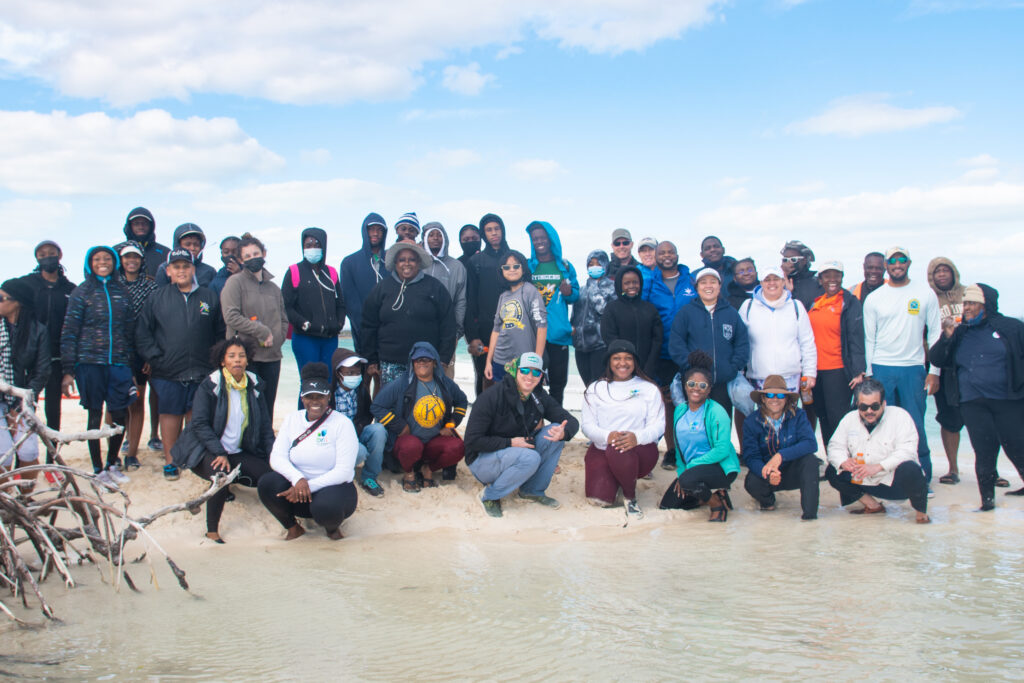Photo: Elijah Sands / Bahamas National Trust
In celebration of World Wetlands Day, Bonefish & Tarpon Trust, Bahamas National Trust, Friends of the Environment, and MANG, along with local students and teachers, government officials, Kiwanis Club of Freeport, Grand Bahama Island Tourism Department and Bahamas Forestry Unit, came together to plant 2,400 red mangroves in East End Grand Bahama as part of restoration efforts to help kickstart the recovery of the mangrove ecosystem in Grand Bahama and Abaco in the wake of Hurricane Dorian. This planting event brought BTT’s Northern Bahamas Mangrove Restoration Project up to 18,783 mangroves planted and was a great way for the community to come together, get outside, and gain a greater appreciation for conservation and the natural environment.
We would like to thank all those who participated and East End Lodge for hosting the event.

Wetlands provide essential habitat for a plethora of ecologically and commercially important species promoting biodiversity and provide a variety of important ecosystem services. Two of those ecosystem services are the sequestering of carbon, which is vital to combat climate change, and coastal resiliency in the way of helping prevent erosion and protecting our shorelines from destructive waves during storms. Research has shown that mangrove ecosystems can sequester four times more carbon than rainforests can. Mangroves store carbon in the soil through their complex root systems, which also hold the sediment together helping to prevent erosion and dampen storm surge along our shorelines.

It is estimated that at least 35 percent of the world’s wetlands have been lost. So it is critically important to protect the remaining wetland ecosystems, and to restore degraded wetlands habitat to promote biodiversity, carbon sequestration and coastal resiliency. Doing so will also help safeguard the livelihoods of those who depend on these vital ecosystems. Photos: Justin Lewis




